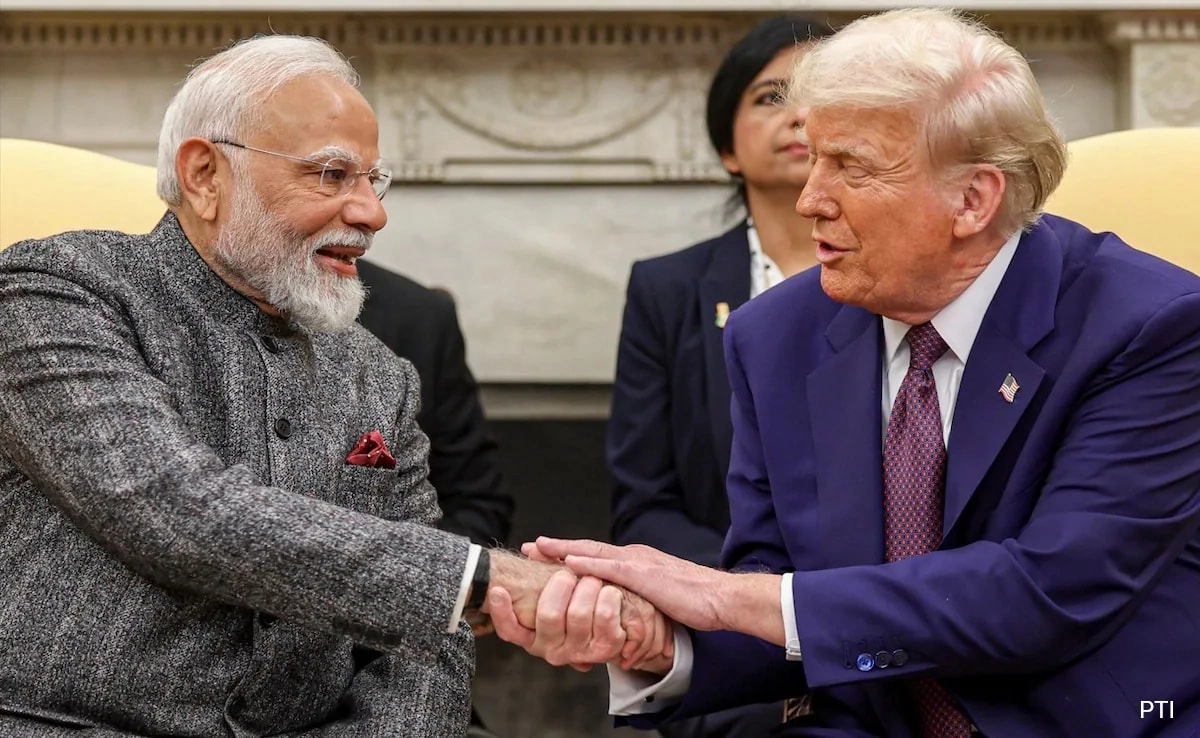Jagan Reddy, the Chief Minister of Andhra Pradesh, has recently been at the center of controversy following an incident where a car allegedly ran over a man. This incident has sparked significant public outcry and raised pressing questions regarding the safety protocols surrounding the state’s leaders. In the wake of this event, Reddy has made a notable declaration regarding his security status, specifically opting out of the Z+ security classification, which is typically reserved for high-risk individuals. This decision appears to be a political statement, emphasizing his commitment to connect with the public and demonstrate that he does not require excessive security measures.
The incident that triggered this uproar involved a vehicle that reportedly struck a man during a public event. Eyewitness accounts and subsequent media reports suggested that the driver of the vehicle, purportedly part of Reddy’s convoy, acted negligently. This has drawn heavy criticism from various quarters, including opposition parties and civil society, who are calling for accountability and better safety measures for pedestrians. The unfortunate event has not only highlighted the vulnerabilities present during high-profile public engagements but has also intensified scrutiny on the security arrangements made for political figures in Andhra Pradesh.
Reddy’s decision to forgo Z+ security is a strategic move aimed at reinforcing his image as a leader who is approachable and in touch with the common people. By publicly rejecting such heightened security, he hopes to quell some of the backlash and reassure constituents that he prioritizes transparency and accessibility over personal safety. However, this stance raises questions about the balance between a leader’s need for security and their desire to maintain a connection with the populace. As the situation evolves, it remains to be seen how this incident will affect Reddy’s political standing, as well as broader discussions about security protocols for politicians in the region.
In conclusion, the incident involving a car running over a man has opened up a dialogue about the responsibilities of political leaders and their security arrangements. Reddy’s choice to decline Z+ security may resonate with some voters, who appreciate a leader willing to take risks to engage with the public directly. However, it also poses potential risks, both for him and for the safety of those around him. As the state navigates the aftermath of this controversy, it will be crucial for leaders to reevaluate their approaches to public engagements and security measures to ensure both accountability and safety in future interactions.



